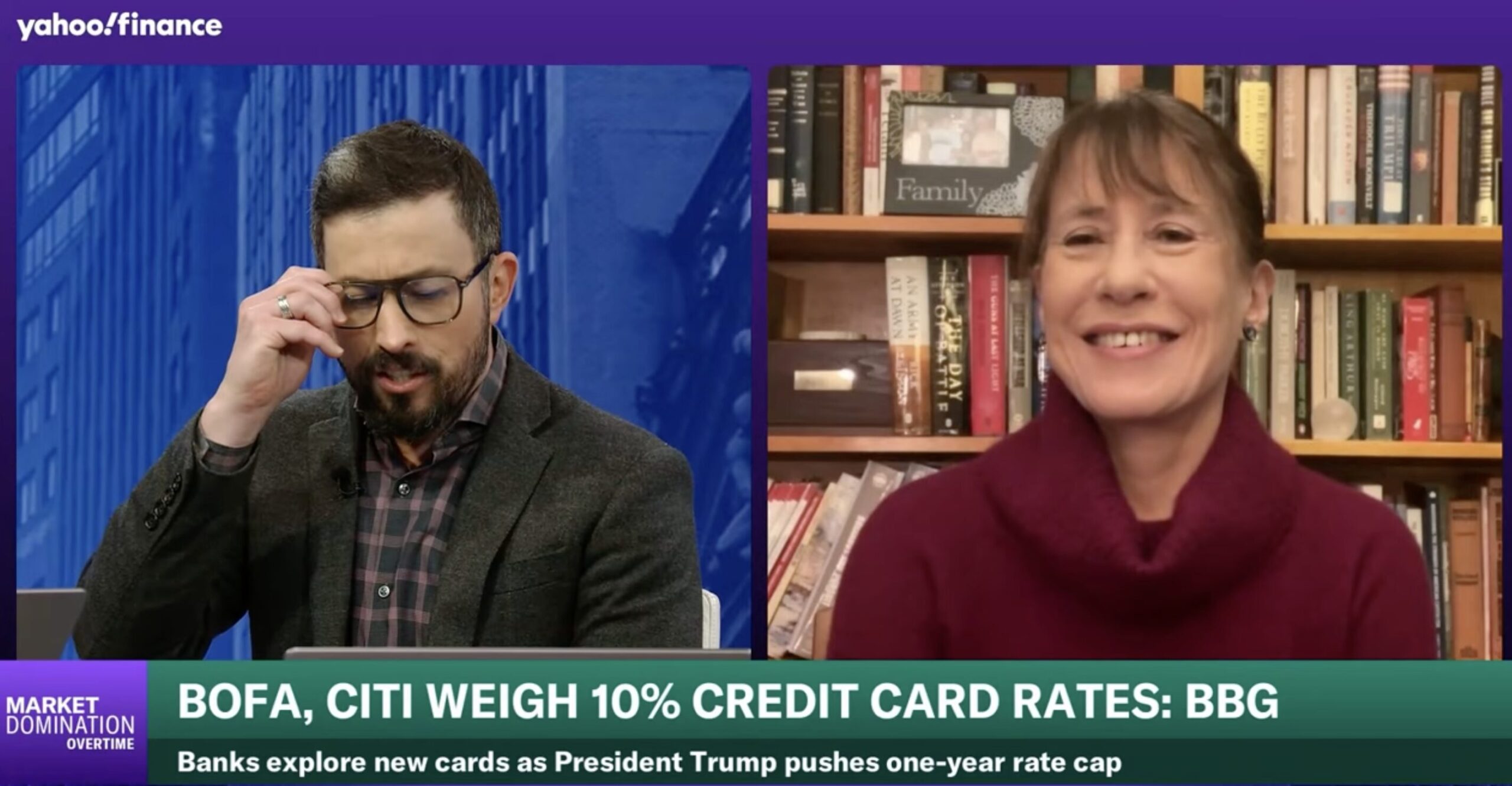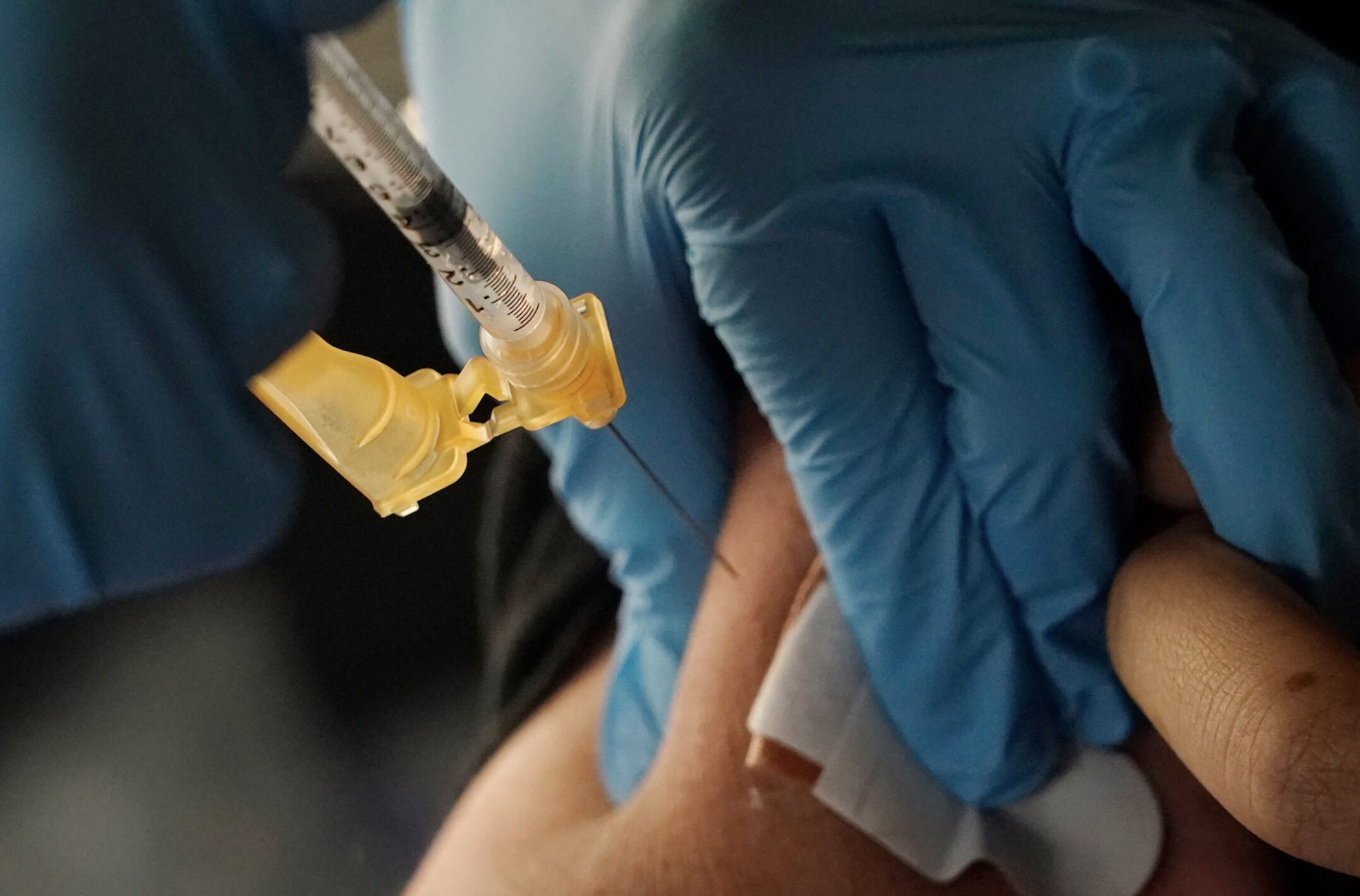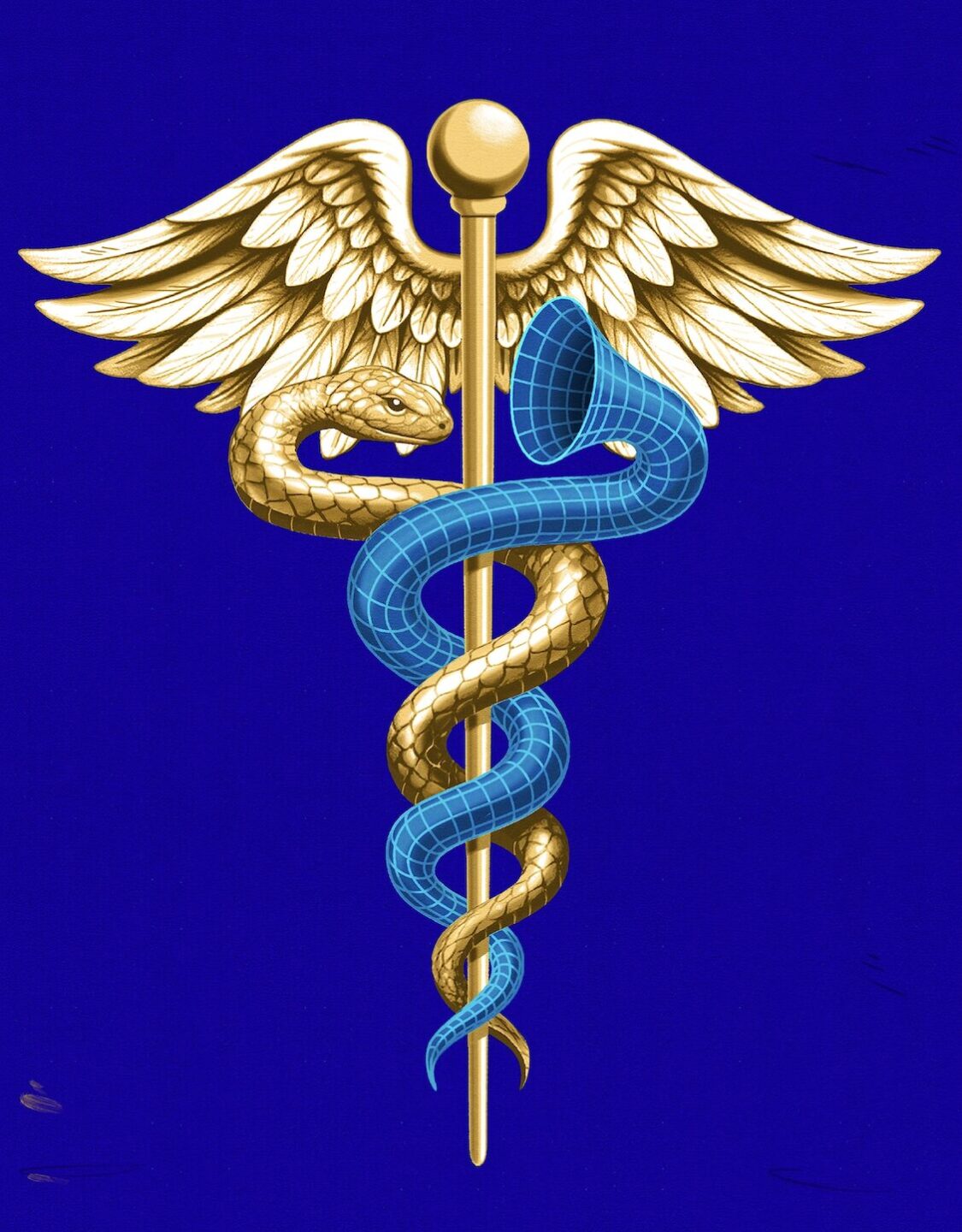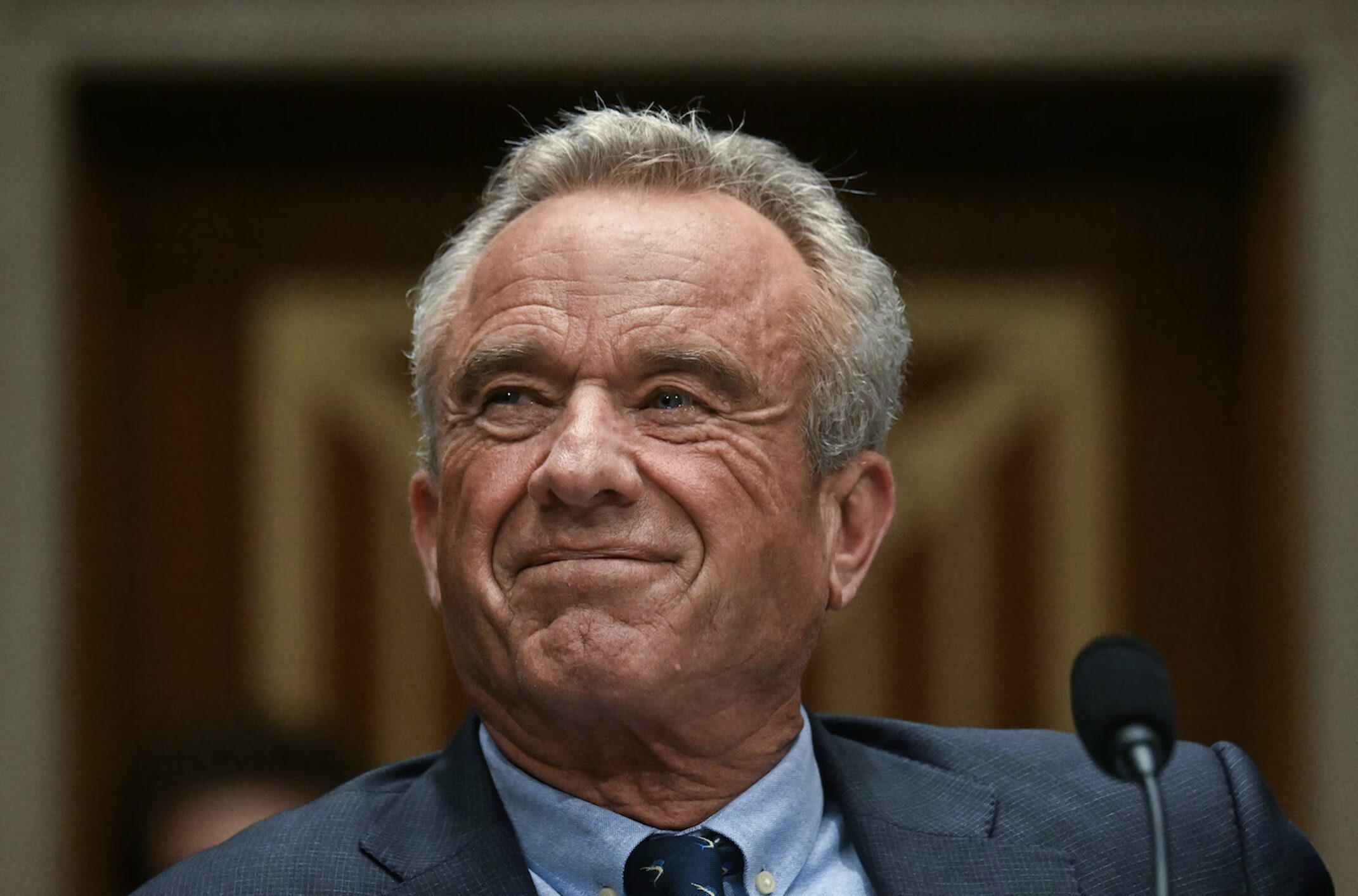Dr. Leana Wen: ‘Public Health Depends on Public Trust’
Dr. Leana Wen, an emergency physician and one of the country’s leading voices on public health, has seen what happens to a city when civil unrest and a health emergency collide.
Wen was three months into her tenure as Baltimore’s health commissioner when Freddie Gray, a 25-year-old African American man, died in police custody in May 2015, sparking protests over his death, police brutality and long-simmering socioeconomic disparities in the city.
The idea that quality housing, healthy food and education play a major role in shaping a person’s health is now mainstream, but Wen has long been vocal about these social determinants of health and the structural forces that drive racial and ethnic health inequities.
“I talked about, back in 2015, how racism and police brutality are public health issues, and got stares back at me from a lot of people,” she says. “Now I’m seeing organized medicine talk about these issues.”
In June 2020, as thousands of Americans take to the streets to protest the killing of George Floyd and an unknowable number of black Americans at the hands of police – and as the coronavirus continues to ravage black, Hispanic and other racial minority communities – she says fighting those problems is critical for the nation’s health.
“We should point out and speak clearly about how racism is not only a public health issue, but a public health crisis,” she says. “These systemic inequities and institutional racism are also intricately, inextricably intertwined with COVID-19.”
Wen has been visible throughout the pandemic, appearing on cable news and writing for The Washington Post on topics like how people can minimize their risk of infection now that businesses are reopening. Wen and other public health leaders outside of government have accused the Trump administration of disregarding medical expertise throughout the U.S. response to COVID-19. With little cohesion among states, she has stepped up to help Americans make sense of the crisis – even going back on cable news just days after giving birth.
“There’s no such thing as over-communicating,” she says. “Especially in a crisis, there is so much confusion and so much misinformation.”
Dr. Leana Wen, with her husband, Sebastian, and their son, Eli, and 2-month-old daughter, Isabelle.(COURTESY OF DR. LEANA WEN)
Wen, 37, has a long list of credentials: She graduated from college at 18, has two master’s and a medical degree, authored a book on patient advocacy and served as president of Planned Parenthood. In Baltimore, where she was health commissioner until 2018, she issued a blanket prescription for naloxone, the opioid overdose reversal drug, for the entire city in 2015; the initiative is credited with saving the lives of some 3,000 people.
Now, Wen is a visiting professor of health policy and management at George Washington University. She gave birth to her second child in early April, giving her direct experience on what it’s like to be a patient during the pandemic.
This week, she spoke before a Congressional subcommittee overseeing the federal government’s response to the coronavirus on how to address the racial disparities unmasked by COVID-19.
Wen’s convictions came early in life. Her family immigrated from China just before she turned 8, and relied on Medicaid and food stamps to get by. Growing up in Los Angeles, she saw firsthand how unequal access to medical care exacerbates health disparities, and it was that understanding that drew her to emergency medicine.
“It’s the ultimate safety net,” she says of the ER. That’s also where she first learned how to clearly communicate in a health crisis, and where she “saw the failures of our health care system.”
Years later, she still remembers a young boy who repeatedly showed up in the ER for his asthma. He and his mother were bouncing between shelters and other unstable living situations, where they were exposed to things that irritated his lungs, like cigarette smoke and mold.
Those types of issues are what brought her to a career in public health, and to Baltimore, where she viewed the entire city as her patient. There, she helped educate residents on everything from the emerging Zika virus in 2016 to the long-simmering opioid epidemic.
Now, as the country grapples with the coronavirus pandemic, where the health of Americans overall hinges on the individual decisions of millions of people, how well – or how poorly – officials communicate with the public could have profound consequences. The stakes are even higher amid protests driven by a deep loss of trust in law enforcement, criminal justice and other government institutions, Wen says.
“If a public official came out and said, ‘Don’t protest,’ first of all, that’s impinging upon somebody’s First Amendment rights – but it’s also showing that you don’t fundamentally understand that person, or even want to try to do so,” Wen says.
Instead, Wen encourages local officials to focus the message on helping people minimize their risk of getting or spreading COVID-19 while protesting – by bringing hand sanitizer, sticking with a buddy and not sharing water. She says they should enlist “credible messengers” to help keep communities informed and pass along their feedback.
Back in Baltimore, for example, Wen says more than a dozen pharmacies burned to the ground in the unrest following Freddie Gray’s death in 2015. Working with community partners including local faith leaders, her team set up a 24/7 “prescription access line” to get medications delivered to residents who couldn’t get to another pharmacy farther away.
“We went door to door to people to find out what their needs were, and then got those things delivered to them – whether it was food or sanitary supplies – and we even set up a bus route to help seniors get banking,” Wen says. “We cannot assume that we know what people need in times of crisis.”
As the pandemic and the current unrest continue to unfold, Wen has some advice for local leaders: Constantly communicate with the public about the local situation, including the progress that’s being made; make it clear that guidance will change as things evolve and scientists learn more about the virus; actively combat misinformation; and be ready to listen and respond to residents’ needs.
“Public health depends on public trust,” she says. And it won’t be earned overnight.
Relevant and recent posts







